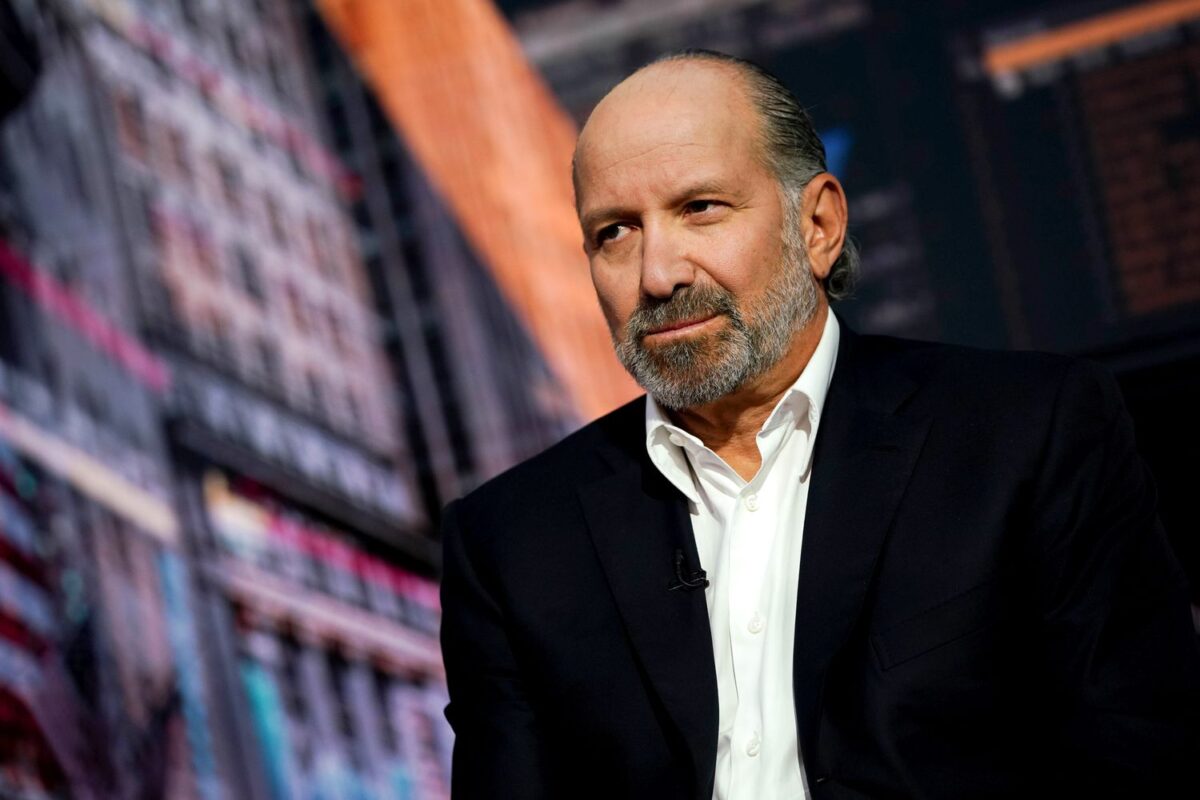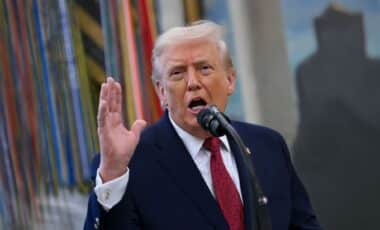Howard Lutnick, Donald Trump’s nominee for Commerce Secretary, has strongly defended tariffs as a key tool in reshaping US trade policy. During his Senate confirmation hearing, he emphasised their role in restoring American manufacturing, ensuring national security, and gaining leverage in international negotiations. His statements suggest that the Trump administration is preparing to impose tariffs broadly, including on traditional allies.
Lutnick dismissed concerns that tariffs would significantly fuel inflation, arguing that the economic benefits outweigh short-term price increases. His stance aligns closely with Trump’s aggressive trade agenda, which includes potential levies on Canada, Mexico, China, and several key industries. With bipartisan support in the Senate, his confirmation appears likely.
Tariffs as a Trade Weapon: Targeting Allies and Adversaries Alike
Lutnick made it clear that the US will not differentiate between allies and rivals when implementing tariffs. He stated that China should face the highest duties, but he also criticised European trade practices, arguing that US goods, such as cars, face unfair barriers.
“We are treated horribly by the global trading environment,” Lutnick told senators, echoing Trump’s long-standing complaints about trade imbalances. He framed tariffs as a means to demand “respect” from trade partners, insisting that allies who rely on the US market must adjust their policies.
One of the most immediate applications of this approach concerns Canada and Mexico, both of which face potential 25% tariffs from February 1. Lutnick linked these measures to border security and fentanyl trafficking, suggesting the tariffs could be avoided if the two nations complied with Washington’s demands. His remarks briefly affected oil prices, given Canada’s role as a major US supplier.
Semiconductor Controls and Trade Restrictions Under Scrutiny
Beyond tariffs, Lutnick addressed export controls on advanced technology, a key element of US-China trade tensions. He criticised existing restrictions on semiconductor exports, arguing that they lack enforcement mechanisms. His comments followed concerns over China-based DeepSeek’s open-source AI model, which he suggested may have circumvented US regulations.
“Our export controls, not backed by tariffs, are like a whack-a-mole model,” he said, advocating for a tariff-based approach to reinforce trade restrictions. This aligns with Trump’s broader strategy, which includes potential tariffs on semiconductors, pharmaceuticals, steel, aluminium, and copper.
Lutnick’s confirmation would place him at the centre of Trump’s trade policy, though his influence within the administration remains uncertain. His stance on tariffs suggests a significant shift in US trade relations, with potential repercussions for global markets and diplomatic ties.









